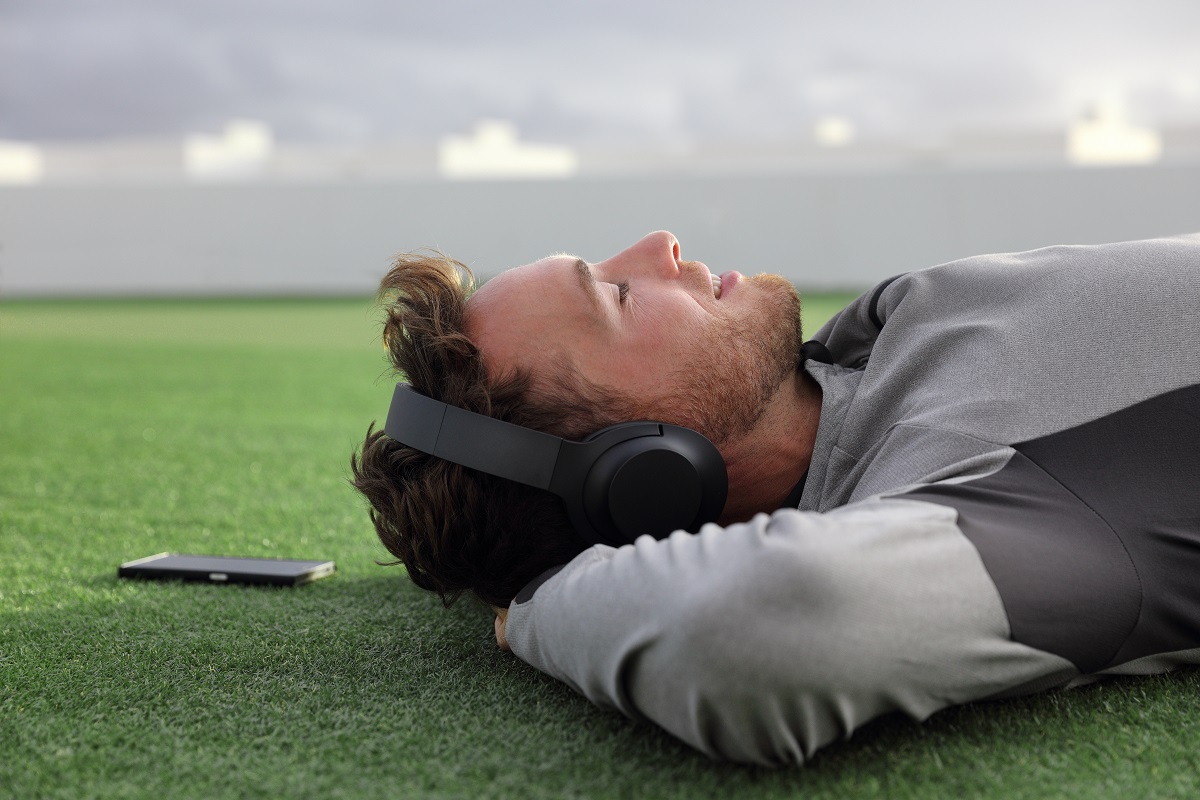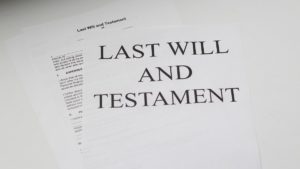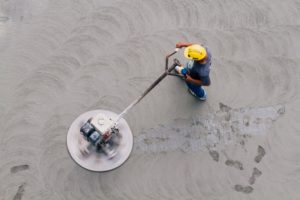Music has always been part of human life. It varies in form and style. People have different tastes for it. But it’s everywhere. It can come from anything. It all just depends on who’s listening.
The ability to perceive and enjoy music depends on the brain and the nervous system. It’s designed to distinguish noise from music. And it creates the reaction from us, whether that reaction is of pleasure or dislike. Lastly, it influences our movements. It could be as small as tapping our feet in tune with the music. Or it could be full-blown dancing.
To regain these functions and reactions to music, survivors of stroke turn to playing and listening to music. Music therapy has been integrated into some stroke rehabilitation programs for a very long time now. Many stroke survivors perceived music as a lifeline. It’s their connection to the loved ones, even if they have yet to regain their speech. Through music, they continue living their lives. Thus, for them, their music teacher is just as important as their doctors.
Improves Mood, and Lowers Stress and Anxiety

The first thing that stroke survivors need when they start their recovery is to uplift their spirits. Yes, motor function and speech development are very crucial. But the survivors need to believe in their ability to fully recover from the trauma of stroke.
Music, like all forms of art, have a significant effect on humans’ emotions. Fun and upbeat music can instantly improve their mood. It can evoke feelings of positivity and hope. Slow and more quiet music can calm a person down. It can lower their heart rate and make them feel relaxed and even sleepy.
But another important thing about music is that it can be a way for people to bond. Families of stroke survivors do their best to be there for their loved ones. And that bond between them can be translated into music.
Improves Heart Health
After suffering through a stroke and its aftermath, stroke survivors must be more careful with their hearts. They need to watch the food that they eat. They need to slowly and steadily do activities that may be physically taxing. But music can also help in making the heart feel stronger again.
Music has the ability to relax the arteries and improve blood vessel function. Because it can make stroke survivors feel more at ease, music can also lower their heart rate. It also has significant effects on the level of blood pressure.
Helps Regain Motor Function
The struggle with movement and mobility is one of the things that stroke victims feel frustrated about. They may find it hard to write. They may also struggle with walking and going up and down the stairs. It all depends on the severity of the stroke.
But studies have shown that music helps stroke survivors regain such motor functions. If the music is right, they may be influenced to dance with the music. Not only are their moods uplifted by the music, but they also get to bond with their loved ones through dancing.
Later on, stroke survivors can express their feelings and creativity by playing music. The urge to create beautiful music will encourage them to practice controlling their muscles. It would also encourage them to be more in tune with their motor functions. Playing the piano, guitar, or any other instrument will make them feel they are in control again.
Helps Regain Speech and Language Functions
One of the most significant effects of a stroke is aphasia. It’s the loss of the ability to communicate, both speech and writing. It’s caused by a trauma or other condition in the brain. Following their strokes, some survivors are only able to speak in short and incomplete sentences. Some of the things that they try to say don’t make sense. And, sometimes, they may even lose the ability to understand certain words.
But music helps them recover their voice. Many survivors aren’t able to speak. But, with music playing in the background, they can sing. Through music, they are learning to sing and perceive certain words again. The therapy can start with simple songs such as nursery rhymes. But with the simplicity and even nostalgia, the survivors are encouraged to sing along.
Surviving a stroke is one of the most remarkable things that humans can do. But the act does come with its challenges after the trauma. But many stroke survivors can power through it with the help of music. They can regain some of the functions that they lost because of the stroke. And they can communicate and bond with the loved ones again.



















